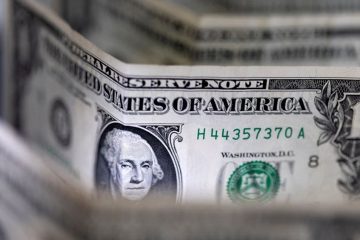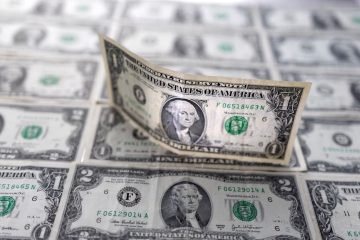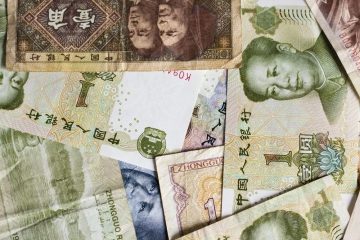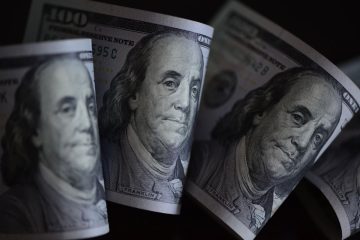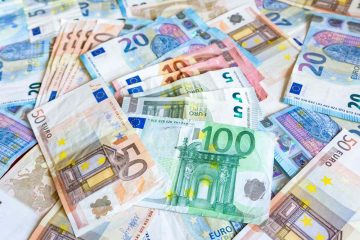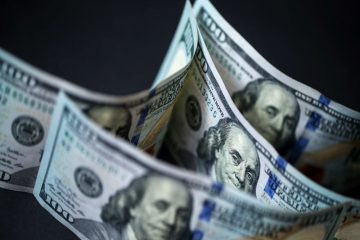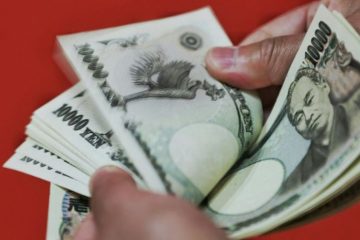PM Ishiba says Japan will emphasize “fairness” in currency negotiations
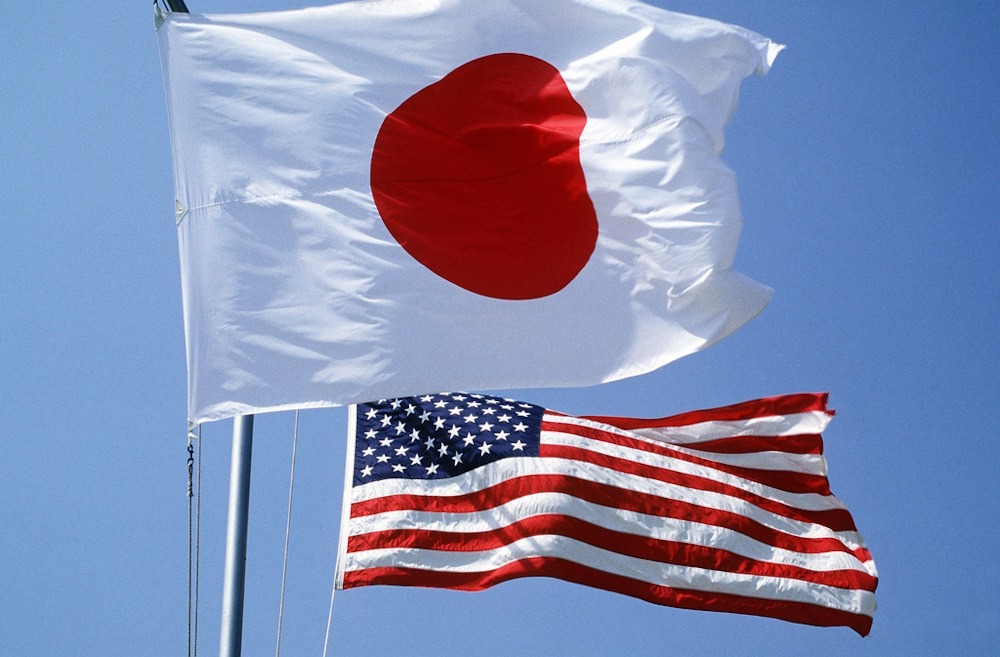
Prime Minister Ishiba of Japan has announced that the country will emphasize the importance of ‘fairness’ during upcoming currency discussions with the United States. Japan is set to prioritize “fairness” in its discussions with the United States regarding exchange rates, according to Prime Minister Shigeru Ishiba. This statement comes as bilateral trade negotiations draw significant global interest amid President Donald Trump’s tariff initiatives. Ishiba, during a recent appearance on the public broadcaster NHK, signaled that Tokyo may increase its purchases of US energy. He also proposed a willingness to address US concerns regarding non-tariff barriers affecting the Japanese automobile market.
President Trump made a surprise appearance during the initial round of US-Japan negotiations on Wednesday, claiming “big progress” was achieved. He has expressed a desire for the discussions to encompass his allegations that Japan deliberately devalues its currency to provide its exporters with an unfair competitive edge.
Ishiba announced that detailed discussions regarding currency policy will take place between Finance Minister Katsunobu Kato and Treasury Secretary Scott Bessent.”We’ll have to deal with this issue from the standpoint of fairness,” Ishiba stated when questioned about Japan’s potential response to a US request for assistance in strengthening the yen. Further details were not provided.
Japan has consistently maintained its stance against allegations of yen manipulation, historically striving to preserve a robust yen to protect its export-driven economy. However, the nation last took action in the foreign-exchange market a year ago to support its currency. Kato is set to travel to Washington this week to participate in a meeting of the Group of 20 finance leaders, coinciding with the spring gathering of the International Monetary Fund. He is anticipated to engage in bilateral trade discussions with Bessent.
Analysts have suggested that Japan’s substantial holdings of US Treasuries, which exceed $1 trillion and represent the largest in the world, could serve as a form of trade leverage. However, Kato has dismissed the notion of utilizing these assets as a bargaining tool this month. “This matter hinges on the trust established between both parties, the stability of the global economy, and the economic health of the two nations,” Ishiba stated in response to a question regarding Japan’s potential reference to its US debt holdings during the discussions.
Former President Trump has imposed a 24 percent tariff on Japanese exports to the United States. However, similar to many of Trump’s tariffs, the implementation has been suspended until early July. The universal rate stands firm at 10 per cent, alongside a 25 per cent duty on automobiles, which continues to be a cornerstone of Japan’s export-driven economy.
Nikkei Asia reported on Sunday that Japan is contemplating the relaxation of auto safety regulations for imports, a move that aligns with its ongoing tariff negotiations with the United States. Washington has consistently voiced concerns that Japanese safety regulations function as a non-tariff barrier. In contrast, Japan, along with numerous experts, argues that automakers from Detroit fail to produce vehicles that are compatible with the unique conditions of Japan’s roads and driving preferences.
In response to the allegations, Ishiba highlighted the disparities between US and Japanese traffic and safety regulations that need to be considered. “It is imperative that we also safeguard against being informed that our safety regulations are unjust.” He indicated a willingness to commit to increased Japanese investment in the United States, especially within the energy sector.
Australia holds the position as the largest exporter of liquefied natural gas to Japan. The current assessment indicates that the United States ranks fourth. There is a potential for an increase to occur. He stated, “The question is whether the US can provide energy in a stable manner.”

